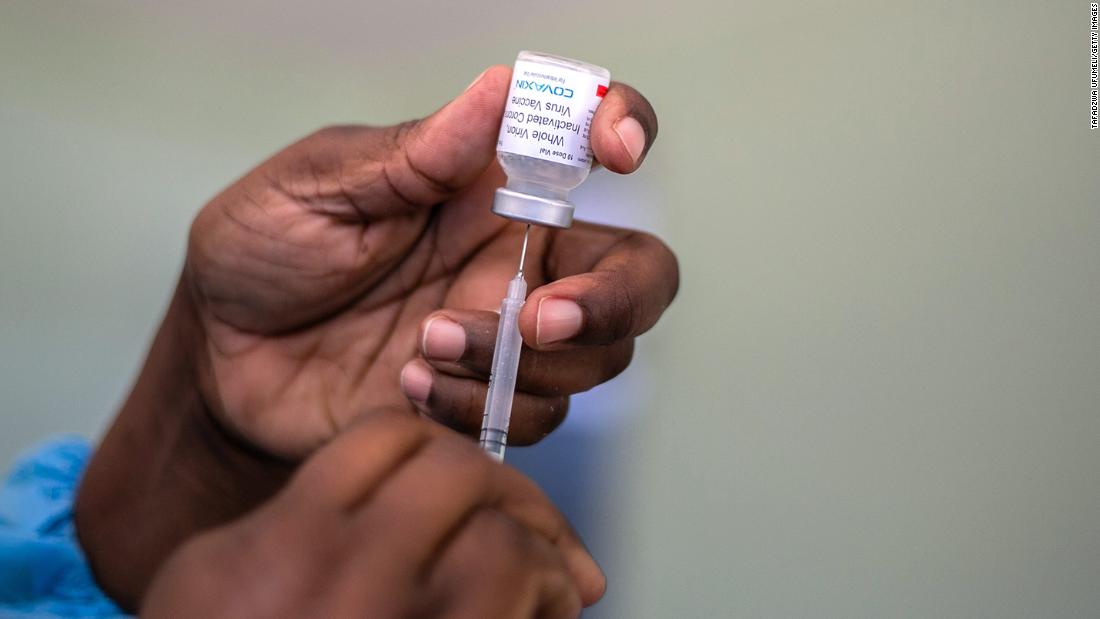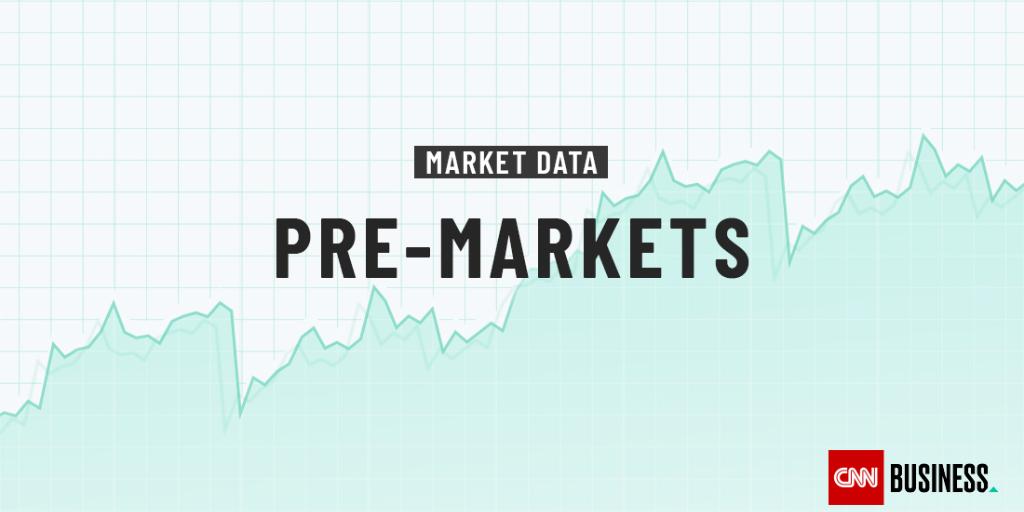Saving money is a must-do for those looking to become financially stable. And whether someone is saving for an emergency fund or short-term savings goal, putting funds in the stock market and other investments can be risky. For those who are a bit more risk-averse, here are four lower-risk ways to save money.
High-Yield Savings Accounts (HYS)
Most traditional savings accounts (typically paired with a checking account) earn little to no interest for the average saver. But high-yield savings options can help account holders make much more in interest, at times up to 1%.
High-yield savings accounts are often offered by online banks. Since these institutions have limited overhead costs, they can pass savings to customers with higher interest rates. HYS certainly won't make anybody rich, but they're a low-risk way to set aside money for emergency funds or other short-term goals while still accruing some interest.
Certificates of Deposit
A Certificate of Deposit (CD) is a savings vehicle that requires a short-term commitment in exchange for a slightly higher interest rate. CDs require a lump sum of money to open, then a commitment to a term of anywhere from three months to five years, with longer-term CDs offering higher interest rates.
The interest rate on a CD is fixed, meaning the rate is locked and guaranteed when the account is opened. And that means it's a straightforward, low-risk savings option for those who know they won't need to access funds until the end of the CD's term.
Building Up Cash Value Within a Whole Life Insurance Policy
For people who need a death benefit, a permanent life insurance policy can also offer the ability to accumulate funds over time.
In addition to a death benefit, whole life insurance policies also offer cash value, which increases over time when you pay premiums. Cash value growth within the policy is guaranteed. Another alternative that also has a permanent death benefit payout is universal life insurance, which may work better for people with a more sophisticated financial situation. Both of these are considered permanent life insurance policies.
Anyone interested in the specifics of permanent life coverage should work with a financial advisor that's well-versed in this area to be sure the policy works for their unique financial situation.
Bond Investments
Bond investments are fixed-income investments that involve loaning money to a corporate or governmental entity. These investments can give the corporation or government the funds to grow their business, whether they want to fund a new project or pay off existing debt. Meanwhile, the investor can receive the money back plus interest once the loan is due.
With bond investments, the borrower will issue the bond. This means they can set the loan terms, interest payments, and when the loan repayment is due. Although bonds can have a low rate of return, they can be a safer and lower-risk way to invest and grow money. However, it's important to note that bonds have risks and it's possible to lose money with bonds or bond funds.
The Bottom Line
Whether for an emergency fund, short-term or long-term savings goal, saving money is a necessity. Some of the more low-risk options for savers include high-yield savings accounts, certificates of deposit, cash value within life insurance, and money market accounts. Using one of these options helps to ensure the safety and security of money while still earning the account holder a bit of interest too.
Source: https://www.newswire.com/news/northwestern-mutual-4-lower-risk-ways-to-save-money-21556262
Tags:
financial services, personal finance, savings, bond investment, deposit Affordable Press Release Network, Low Cost Press Release Distribution Websites, Affordable Press Release Distribution Site, Free Press Release Distribution, Free Press Release


.jpg)






 English (US) ·
English (US) ·